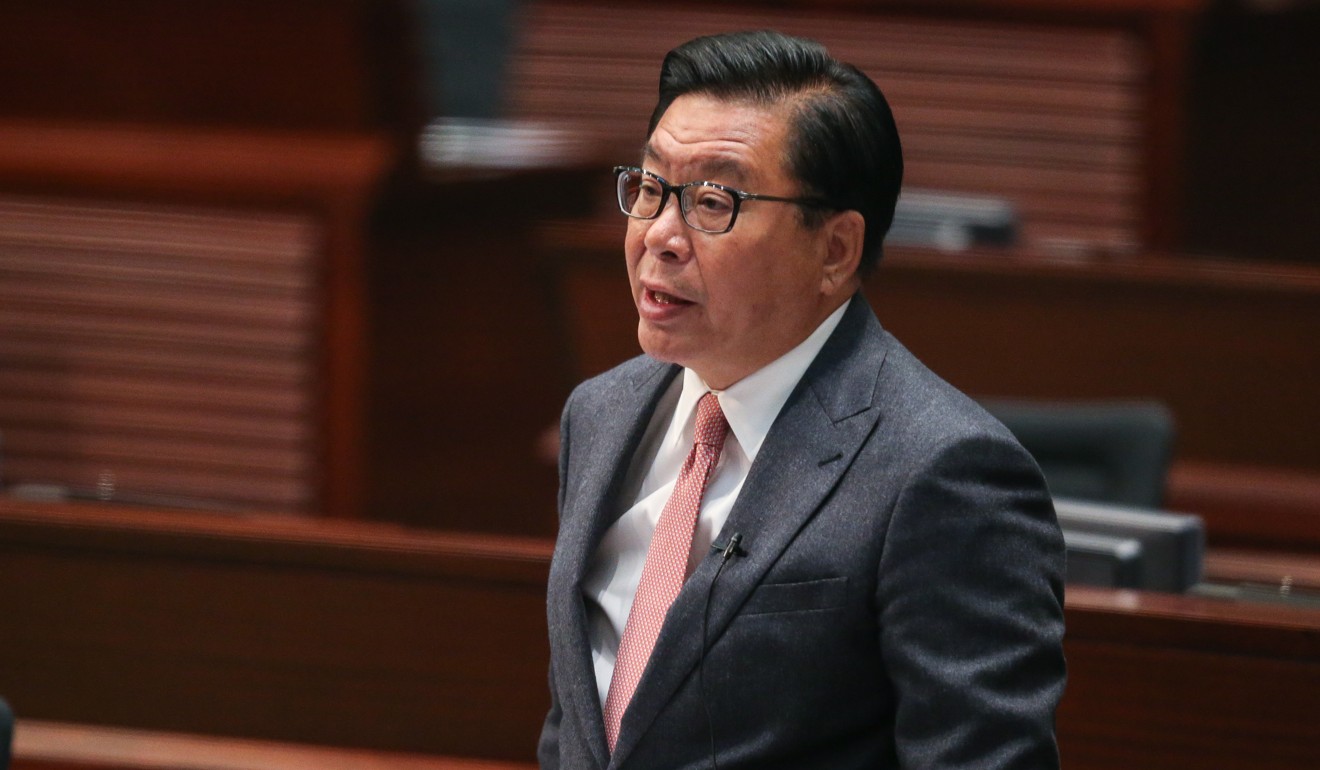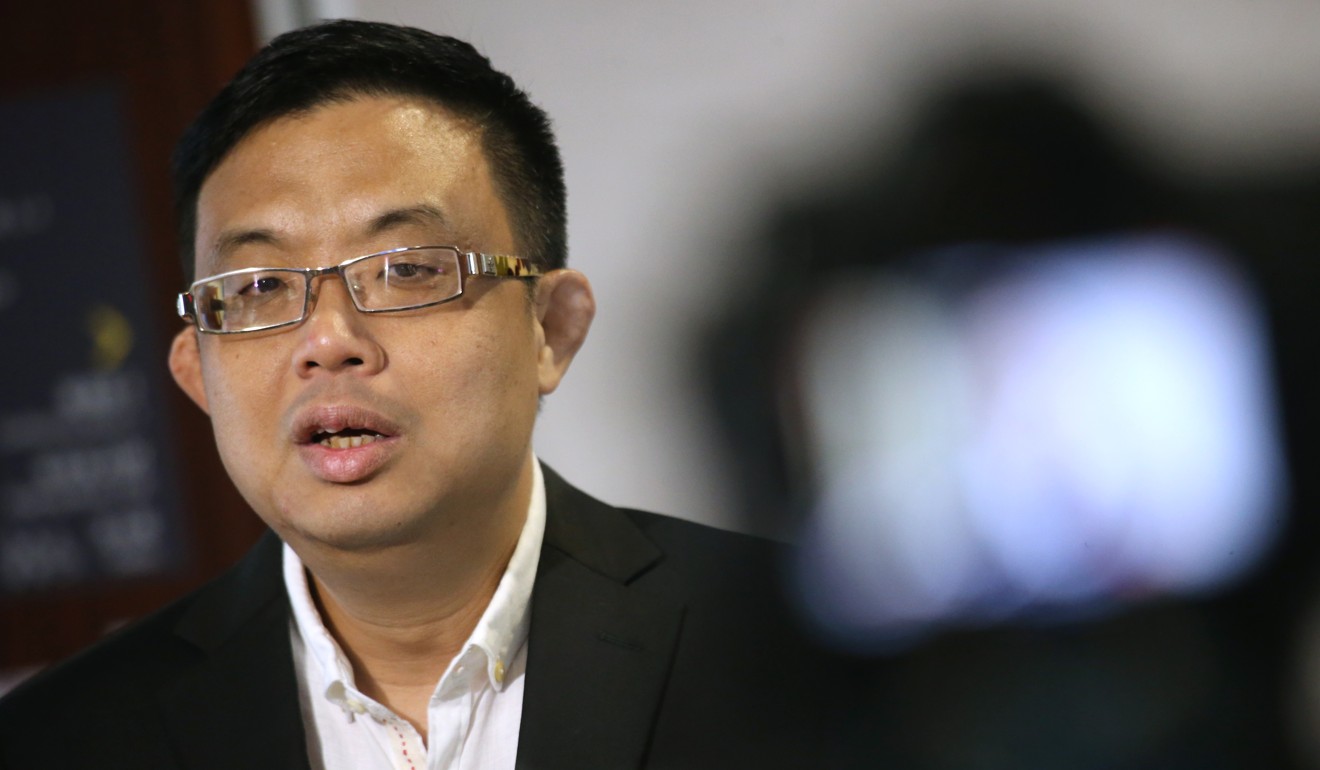
Plan to halve increase in parking fines fails to convince Hong Kong lawmakers
Pan-democrats and pro-establishment legislators question effectiveness of raising penalties, citing issues such as lacklustre enforcement
Lawmakers across the political spectrum have challenged the effectiveness of the government’s revised proposal to increase penalties for illegal parking, citing issues such as insufficient parking space and lacklustre enforcement.
None of the lawmakers attending the Legislative Council subcommittee meeting on Tuesday appeared to support the revised increase in fixed penalties for illegal parking and related offences.
This was despite the government halving the 50 per cent hike originally proposed in face of strong objections from legislators and the transport sector.
The fines currently stand at HK$320 and HK$450, with the revised proposal seeking a 25 per cent increase to HK$400 and HK$560, down from the earlier planned HK$480 and HK$680.
The proposed adjustments are expected to take effect from June 1 next year, but they first have to be put to a Legco vote by this June.
Deputy Secretary for Transport and Housing Ivy Law Chui-mei said heavier penalties could help reduce traffic congestion. She noted that the penalties had not risen in 23 years, and that they should be increased in line with inflation.
“For effective law enforcement, the penalty must have a prohibitive effect,” Law said, adding that the revised penalties were “balanced”, having already taken into account the interests of commercial drivers.

But pan-democrat and pro-establishment lawmakers alike found a rare united voice in questioning the effectiveness of the plan.
Jeffrey Lam Kin-fung, from the Business and Professionals Alliance for Hong Kong, said the real problem with traffic congestion was that there was often no law enforcement at all, citing the example of the frequent traffic jams on Pedder Street caused by illegal parking of taxis.
“I question whether a HK$400 parking ticket is really that prohibitive,” Lam said. He also expressed doubt on whether the practice of “pre-announcing that police will enforce the law at a particular time and place” was an effective way to fight illegal parking.
“I agree with Lam’s view that law enforcement in hot spots is inadequate,” the Democratic Party’s James To said.
“This has nothing to do with how much increase there is in the penalty. The point is not to fine the driver but to have them leave the illegally parked space so that traffic is allowed to flow. You should have more targeted law enforcement.”

Subcommittee chairman Yick Chi-ming, who represents the transport sector, said his constituents were against the government’s plans as there were not enough parking spaces.
Yiu also questioned the inflation argument that the government used to support the increase.
“The wages of many people in the sector have not risen in all these years, so the suggestion that the penalty has lost its prohibitive power is not true,” Yick said.
Several legislators questioned why different types of parking offences could not be treated differently.
Law said that this could not be done, according to legal opinion from the Justice Department.
Yick concluded the session by noting there was no support at the meeting for the government’s revised penalties, and that there would be a second public hearing.

